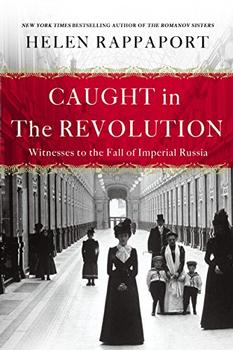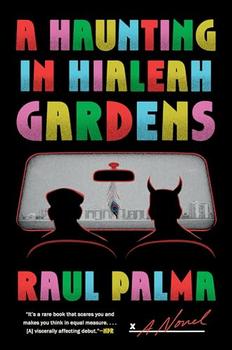Summary | Excerpt | Reviews | Beyond the Book | Read-Alikes | Genres & Themes | Author Bio

Petrograd, Russia, 1917 - A World on the Edge
by Helen RappaportThis article relates to Caught in the Revolution
The subtitle of Caught in the Revolution is Petrograd, Russia, 1917 - A World on the Edge. Petrograd is more familiar to most today as St. Petersburg, a city that saw its name change three times in the 20th century.
It was founded in 1703 during the reign of Peter the Great for geopolitical reasons: he was looking for a way to keep invading armies from Sweden at bay and a strategic defense point close to the north, that provided easy access to the Baltic Sea for trading reasons, seemed like a good option. To counter the Swedes, he commissioned the Peter and Paul Fortress that would form the anchor of the rapidly growing city. Eager to have a city that was modeled after the great European ones, and swayed by Dutch-German influence, the Czar named the nascent Russian counterpart as St. Petersburg and made it his capital.
 And St. Petersburg it remained until World War I broke out in 1914 putting Russia at war with Germany, at which point having ones principle city with a Germanic-sounding name was deemed a bad idea. Thus St. Petersburg became Petrograd—Petro in honor of the czar. Grad" is a common Russian suffix for city.
And St. Petersburg it remained until World War I broke out in 1914 putting Russia at war with Germany, at which point having ones principle city with a Germanic-sounding name was deemed a bad idea. Thus St. Petersburg became Petrograd—Petro in honor of the czar. Grad" is a common Russian suffix for city.
In the aftermath of WWI, came the Russian Revolution and the rise of the Bolsheviks, led by Vladimir Ilyich Lenin. The death of Lenin in 1924 lead to Petrograd being renamed as Leningrad in his honor.
Leningrad reverted to St. Petersburg in 1991 after the fall of the Communist government, although this final change was not without controversy as war veterans and Bolsheviks found the move to be an insult to Lenin's memory. Today, the city is often referred to as simply, Peter, in Russia.
Picture of The Peter and Paul Cathedral in Peter and Paul Fortress by Gerard M.
Filed under Places, Cultures & Identities
![]() This "beyond the book article" relates to Caught in the Revolution. It originally ran in March 2017 and has been updated for the
April 2018 paperback edition.
Go to magazine.
This "beyond the book article" relates to Caught in the Revolution. It originally ran in March 2017 and has been updated for the
April 2018 paperback edition.
Go to magazine.




Fanaticism consists in redoubling your effort when you have forgotten your aim
Click Here to find out who said this, as well as discovering other famous literary quotes!
Your guide toexceptional books
BookBrowse seeks out and recommends the best in contemporary fiction and nonfiction—books that not only engage and entertain but also deepen our understanding of ourselves and the world around us.